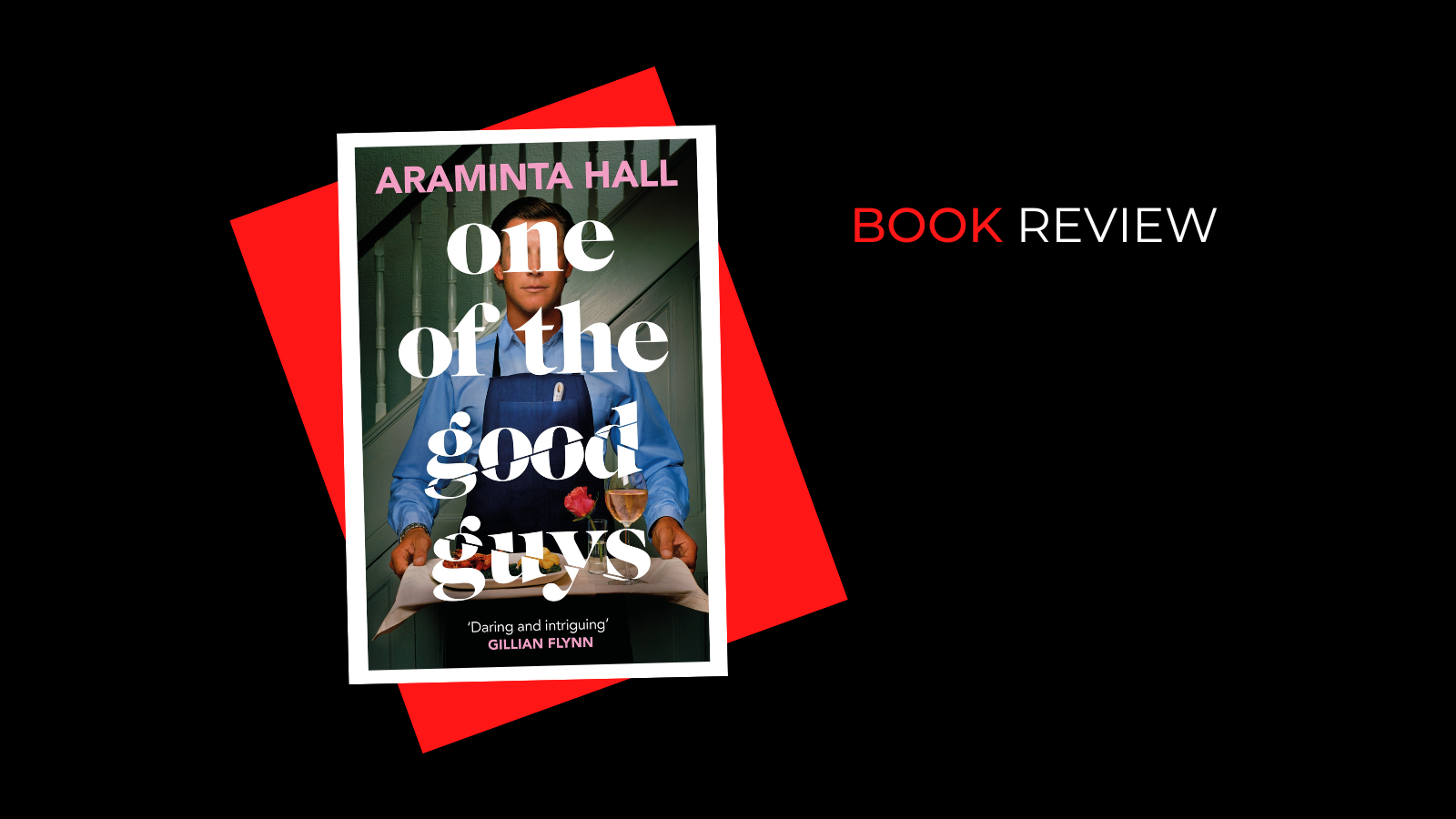by Araminta Hall
Publisher: Pan Macmillan Australia, 2024
Publisher’s blurb
Cole is the perfect husband; a romantic, supportive of his wife’s career, keen to be a hands-on dad, not a big drinker. A good guy.
So when his wife leaves him, he’s floored. She was lucky to be with a man like him.
Craving solitude, he accepts a job on the coast and quickly settles into his new life. Then he meets reclusive artist Lennie. And though she is quite different from the woman he’d expected, he believes he has finally found a soulmate.
But as their relationship develops, two young women go missing while on a walk protesting gendered violence, right by where Cole and Lennie live. Finding themselves at the heart of a police investigation and media frenzy, Cole soon realises they don’t know each other very well at all . . .
If most men say they’re one of the good guys, then why are so many women afraid to walk alone at night?
Review
by Karin Kos
Hall continues to pose the question to society; why are women still celebrated for passive behaviour whilst assertive action is judged or derided? Her narrative unashamedly takes her reader on a quest for female justice and questions how far society will go to allow women to take control of their lives. Set between the clifftop surroundings of a small town on the English south coast, with flashbacks set in London, Hall creates a landscape that mirrors the reality women face when standing up for their rights, alone and isolated from any protection except their own.
This social discourse is initially observed through the eyes of Cole who is ‘one of the good guys’, a man who is “sensitive” towards women, perceived as thoughtful and ultimately all about consent. Or is he? When does consent feel more like manipulation and when does revenge feel like a timely lesson? These are the questions Hall wants us to consider. Hence, Cole’s early personal narrative experiences are then readdressed in the ensuing chapters narrated by his estranged wife, Mel, and love interest Lennie B, women who ask their readers: We wonder why male violence rises, the bodies of women littering our collective consciousness, yet we don’t ever look at the diet we’re fed day after day.
Hall casts her female narrators on a precarious endeavour to find justice for those they love, those who have been harmed and finally themselves.
This novel was difficult to put down, hearing the stories of the women talking about relationship issues that are often too taboo for polite society, which ultimately renders these problems unresolved. What relationship problems? Essentially, where do we draw the line between consent and manipulation? Does our justice system still blame the victim, the woman, the one who is no longer in her prime?
The novel explores multiple voices, engaging primarily on the perspectives of the two female narrators, but offering alternate views through blogs, group chats, social media posts, newspaper articles and commentary on talk back shows. It’s a powerful demonstration of how “consent” remains such a contentiously argued point from many perspectives. More so, Hall demonstrates how the role of traditional media and social media contribute to the sexism so prominent in society, when the court of public opinion is an ugly one.
Through layering these other comments throughout the main narrative voices of Mel and Lennie, the reader quickly understands how women’s rights can continue to be perverted by misogyny and inherent patriarchal values. As Lennie ironically quips, “You almost have to feel sorry for all these men, so weak and pathetic that they’re not in control of their own emotions”. The issues reignite the rising tension between gender rights and where the line should be drawn for women to truly gain respect from the men in their lives. And how do they stop the hearing the puerile belittling and disparaging comments that, over time, wither their sense of self-worth?
The question is, will Mel, Lennie and the other women really be satisfied? Will we expect the unexpected? Are women who work together to expose problems in society cast as the problems themselves? And just how far will men like Cole go to control the women in their lives? Ultimately, Hall asks her reader to contemplate that “society has had a problem with female sexuality since the dawn of time” and this story that focuses on female sexuality and its connection to acts of violence pushes the bar.
So tell me, are you a Cole “good guy” or a Mel and Lennie justice seeker?
